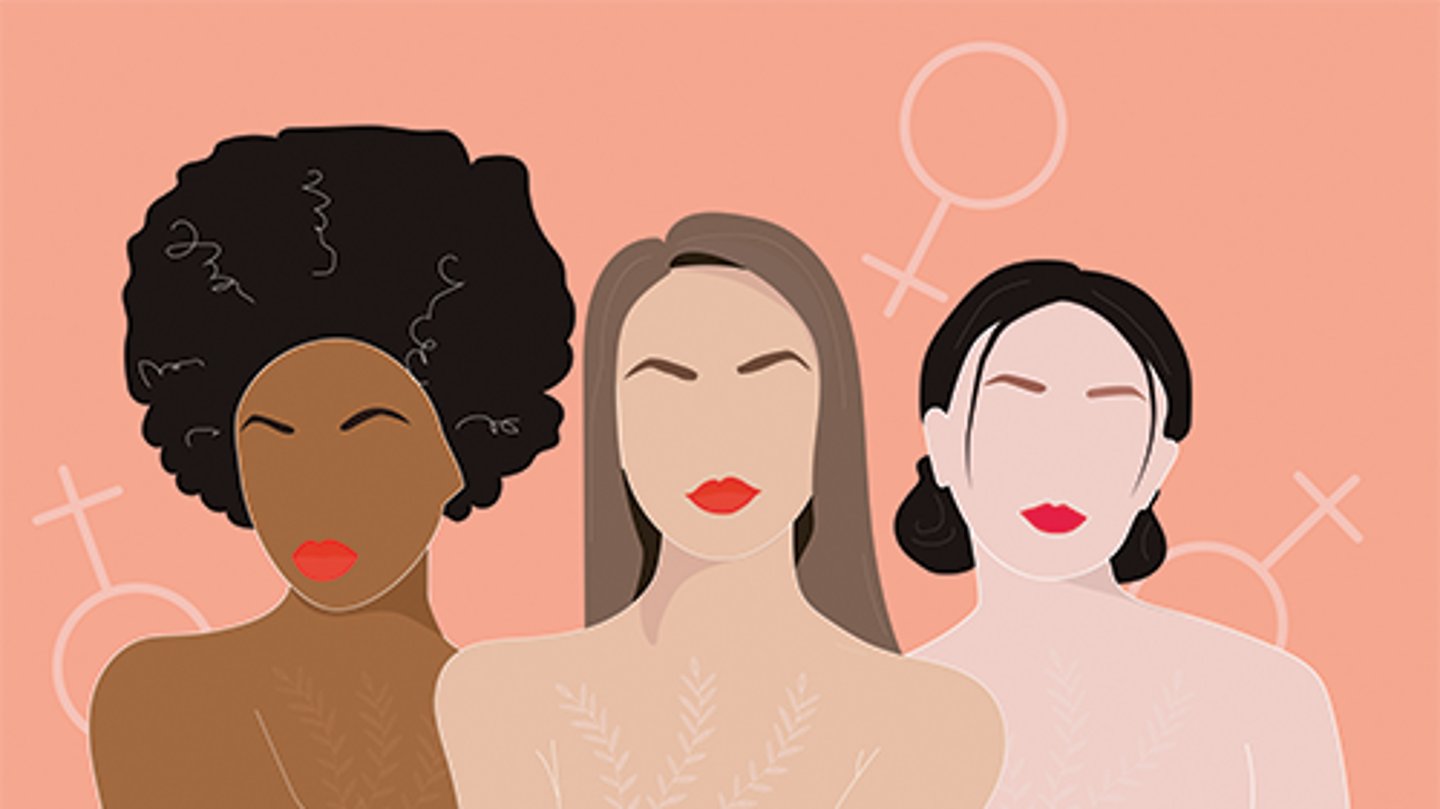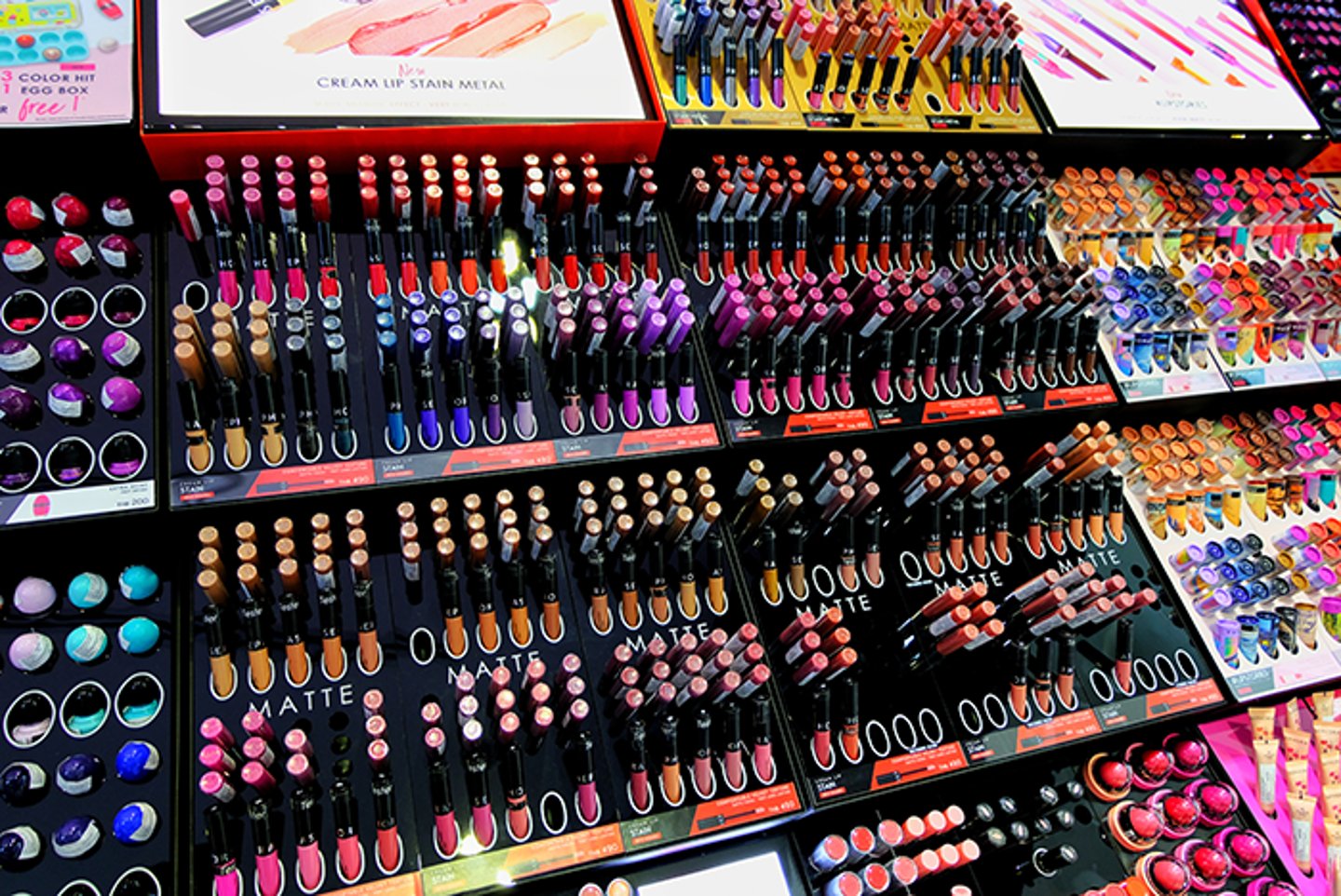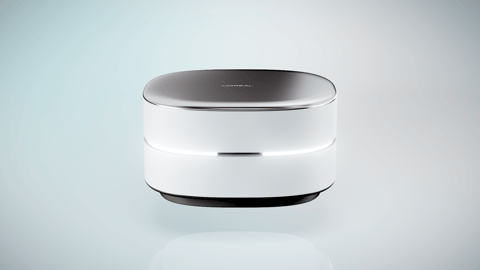Certified Inclusive beauty brands outpaced growth of less inclusive competitors
SeeMe has released its Inclusivity Index for beauty for the year 2025 and the results showcase just how brands that are Certified Inclusive outpaced the growth of less inclusive brands out on the market.
Included in the index are more than 100 brands that span across the L’Oréal Group, Estée Lauder, Unilever, LVHM and Procter & Gamble, as well as independents Rhode and Rare Beauty.
The study takes a look at how the industry is leaning into the topic of inclusivity across six different dimensions—gender expression, skin tone, age, body size, visible disability and sexual orientation—across consumer-facing efforts like advertising, products, websites and brand purpose.
Fifteen brands that have ranked the highest in Certified Inclusive include:
- e.l.f. Beauty
- Dove
- Maybelline New York
- Rare Beauty
- PATTERN Beauty by Tracee Ellis Ross
- MAC Cosmetics
- EADEM
- L’Oréal Paris
- Haus Labs by Lady Gaga
- Topicals
- Glow Recipe
- Carol’s Daughter
- One/Size by Patrick Starr
- Tarte Cosmetics
- Amika.
“As a brand that stands for every eye, lip and face, we take pride in ensuring that our products, campaigns and purpose initiatives speak to the 'every' in everyone,” said Laurie Lam, chief brand officer, e.l.f. Beauty. “Inclusivity shapes our diverse employee base and is the catalyst for the access that our community has to our C-suite, allowing us to uniquely meet the needs of our community and in turn, powering our growth and performance.”
[Related: Latest Inside Beauty News]
For the second year in a row, the growth of “Certified Inclusive” brands outpaced less inclusive competitors by three points, solidifying that inclusion is a business imperative, the company shared.
“The data shows that inclusivity is good for business. Period,” said Asha Shivaji, co-founder and CEO of SeeMe Index. “While DEI and inclusivity have been highly politicized over the last few years, reaching a recent fever pitch, the clickbait headlines distract from the fact that inclusive marketing drives the bottom line. So if you want to grow faster than your competitors, it’s time to lean in.”
Other notable findings from the study include:
- 2025 People’s Choice Winner: ILIA Beauty: The most-nominated brand by consumers, experts and industry insiders is ILIA Beauty. In the SeeMe Index team’s analysis, they recognized the brand for its standout inclusivity efforts, particularly around its age diversity in ads, age-specific product testing details for Super Serum Skin Tint and donating 1% of sales to reforestation.
- Black-owned and founded brands continue to drive representation beyond skin tone: These brands are two times as likely to feature talent of different ages in ads, 1.8x more likely to showcase lesser-seen facial characteristics (ie vitiligo, facial birthmarks) and 1.5x more likely to provide product testing transparency that includes the skin tones of participants.
“The 2025 SeeMe Inclusivity Index for Beauty marks a critical moment for the industry. With consumers increasingly making decisions based on a brand’s commitment to inclusivity, our expanded rankings and insights highlight how critical it is for brands to take action,” said Jason R. Klein, co-founder and COO of SeeMe Index. “Now, more than ever, brands need to be transparent and accountable in their efforts or risk being left behind.”
More brands are also designing products with disability in mind, with the category increasing by 11% in 2023 to 22% today.
Larger bodies being featured in ads has increased from 2.9% in 2023 to 3.8% today, and the same can be said with an increase in age inclusion. Individuals aged 55 years old and older are receiving 2% of screen time in ads.
Lastly, Intersectionality considerations are ticking upward, with 73% of brands factoring multiple identity dimensions into their inclusive marketing strategies, up from 70% in 2023.





